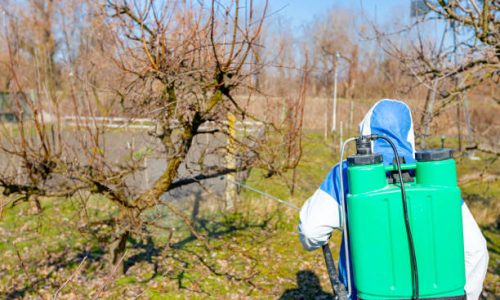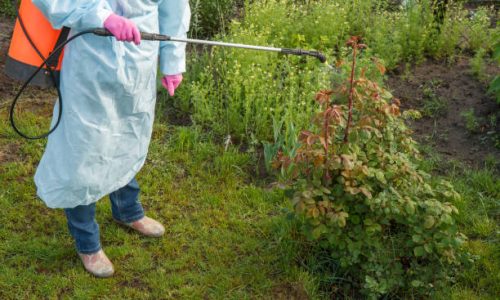Knowing your enemy’s lifecycle is crucial for effective pest management. By targeting specific stages, you can maximize your efforts.
IPM is a comprehensive approach to pest control that emphasizes prevention, monitoring, and targeted solutions. Here’s how IPM can benefit your lawn:


DIY lawn care can be rewarding, but there are times when seeking professional help is the best course of action. Here are some indicators that it’s time to call a lawn care professional:
By implementing proactive strategies, you can create a less inviting environment for pests and encourage natural predators to thrive:
Feeling overwhelmed by lawn pests? Don’t hesitate to contact us! Our team of lawn care professionals offers expert pest identification, customized treatment plans, and guidance on creating a healthy, pest-resistant lawn. Contact us today for a free consultation and take the first step towards a peaceful and pest-free lawn!
